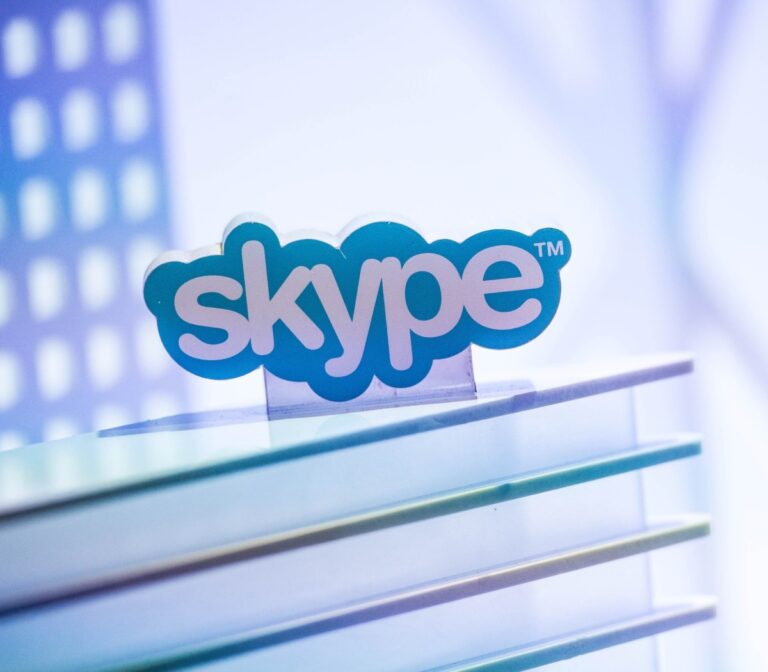Valve Takes Action: Steam Game Pulled for Malware Threats!
Valve has recently taken significant action by removing a game from its Steam video game platform due to malware concerns. This decision has raised alarms among gamers who may have unknowingly downloaded the affected title. If you are one of the users impacted, it’s crucial to understand the implications and the steps you should take to protect your system.
What Happened with PirateFi?
The game in question is PirateFi, which marketed itself as a “thrilling survival game” set in a vibrant, low-poly world. Players had the option to engage in solo gameplay or join others in multiplayer mode. Despite its enticing premise, the game has now been linked to malware, prompting Valve’s swift removal from the Steam store.
Valve’s Warning to Users
In a notice sent to users who downloaded PirateFi, Valve advised them to consider “fully reformatting your operating system.” The company emphasized the importance of conducting a thorough system scan using a trusted anti-virus product. Additionally, they urged players to check for unexpected or newly installed software that could pose a risk.
- Run a full system scan: Use an anti-virus program you trust.
- Inspect your system: Look for any unfamiliar software installations.
- Consider a system reset: This may help eliminate any remaining malicious software.
Impact and Response
While it remains unclear how many users downloaded PirateFi, the game had a commendable rating of 9/10 based on 51 reviews, as per an archived version of its Steam page accessed by TechCrunch.
Valve has not disclosed the specific type of malware found within the game. They have encouraged users to take immediate action to safeguard their devices. A spokesperson from Valve did not respond to requests for further information from TechCrunch.
The Bigger Picture: Malware in Gaming
The incident highlights a growing trend of malware targeting gamers. As reported by PCMag, the Steam app and video games often have extensive access to users’ devices, making them attractive targets for hackers. In previous cases, hackers have employed infostealer malware and other harmful tactics to compromise players’ systems.
- Last year, hackers targeted gamers with infostealer malware, prompting investigations by companies like Activision.
- In 2023, players of an older Call of Duty game were infected with self-spreading malware.
- Electronic Arts had to postpone an Apex Legends esports tournament due to a severe hacking incident during gameplay.
As always, it is essential for players to remain vigilant and take proactive measures to protect their gaming devices. For more information on cybersecurity in gaming, visit CNET.







